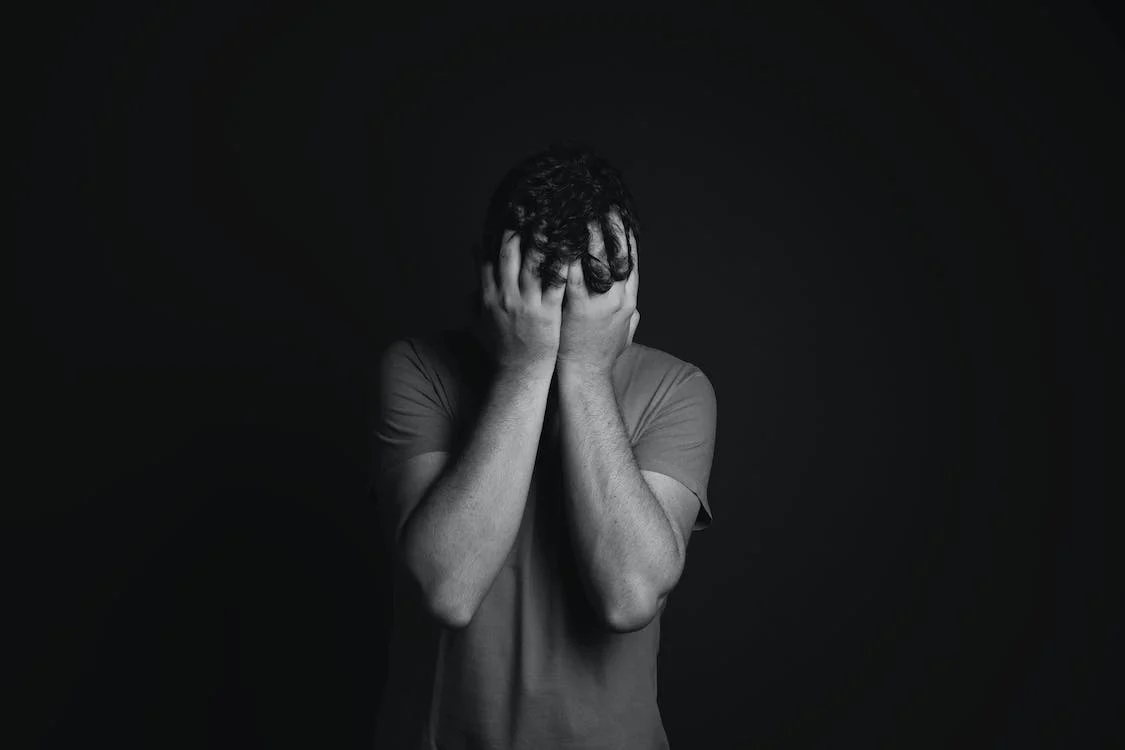Community
Troubling report calls for more action on mental health care access in Massachusetts

Chris Lisinski
Massachusetts faces an “unprecedented call to action” to invest in its behavioral health workforce amid twin trends of increased demand for mental health services and reduced stigma surrounding their use, according to a new report.
After the pandemic prompted a surge in Bay Staters grappling with mental health struggles, policymakers must take action in the short and long terms to overhaul a field where provider attrition and burnout are making it harder for people to find the help they need, the Blue Cross Blue Shield of Massachusetts Foundation warned in a report published Thursday.
The report arrives on the heels of the signing of a new state law intended to shore up the mental health field and make care more accessible, and a renewed state Medicaid waiver that puts an emphasis on access to mental health care.
Authors outlined seven recommendations for state government to adopt, starting with a baseline needs assessment and a detailed evaluation of telehealth to get a better sense of where the workforce stands today and how a dramatic shift toward remote therapy during the pandemic affects its outlook. They also called for ensuring that all behavioral health services receive payment parity, warning that insufficient reimbursement “creates a cascade of downstream consequences” including lower salaries across the field that deter people from pursuing a career in behavioral health. Longer-term, the report suggested crafting and funding a 10-year strategy to grow the behavioral health workforce pipeline.
The needs behind the call to action are substantial: in 2018 and 2019, 21 percent of Massachusetts adults reported any kind of mental illness, report authors said. In 2021, that swelled to 31 percent of adults reporting anxiety or depressive disorder symptoms alone, excluding all other mental illnesses.
“In addition to continued strong leadership from all levels of state government and a commitment from a broad range of stakeholders, we must make new investments in building the capacity of our behavioral health workforce,” BCBSMA Foundation President Audrey Shelto said in a statement alongside the report. “In particular, we need to direct resources to educational and training efforts that explicitly increase racial, ethnic, cultural, LGBTQ+ and language diversity among the provider population.”






You must be logged in to post a comment Login